One Man’s Opinion
by Vicken Gulvartian
2012 is winding down. How did the nations of the world fare? The answers lie in the final statistics of an event or, shall we say, a gathering of all the nations of the world this summer. Its final outcome says something about the state of affairs in many countries. The event was the London Olympics.
Politicians know and understand the impression that Olympic medals make on the rest of the world about their country. Governments, including those of the very powerful and wealthy, fund Olympic athletes, to go grab medals at this most prestigious of festivals, held every fourth summer. The president of the United States hosts a reception at the White House for all medal winners.
I was about to make my assessment of how countries fared in the year 2012, and I found plenty of pointers in the final medals table of the 2012 London Olympic Games, where a total of 85 nations won medals of different colors (gold, silver, bronze.) Gabon, Trinidad and Tobago, Botswana, and the Bahamas do not interest me, but Russia, China, Turkey, Azerbaijan, Armenia, and of course the United States do.
So, let’s begin.
China and Russia (with 88 medals, and 82 medals respectively) did very well. They were very good, but not good enough, which is pretty much what their influence is in the bigger picture of current world affairs. Neither tally could challenge the American harvest of medals, and that also says something about their stature in the world vis-à-vis the US. Both are big players, but not the big cheese, and the medals table shows that.
Turkey. Oh yeah, Turkey, that nation of ambitions bigger than its capabilities (or demographics.)Turkey’s performance in London was all show, but no substance. It resembled their political posturing at all regional problems these days: Chest thumping, bombastic declarations by their Prime Minister and minister of Foreign Affairs. Talk, talk, talk! Their politics is the same as it has always been: NATO-centric policy of mediation, adamantly anti-Greek and anti-Armenian. Turkey finished the 2012 Olympics with a very poor showing, and a miserly 5 medals. It indicates that their government does not care to invest in health, education or sports. They are, instead, busy building themselves an image of importance in a world marred in deep financial crisis, and conflicts in neighboring countries.
The last time Turkey actually did well at the Olympics, was when the gates of Bulgaria opened and a drove of superbly-trained athletes of Turkic ethnicity poured into Turkey and won a windfall of medals in 1988 for a country they had never ever lived in.
Azerbaijan. Ah, now that’s a different story. The Azeri tally was a very impressive 10 medals. Their government is obviously investing in programs that would change the image of their small country around the world. Olympic gold medals show a degree of interest on behalf of a government towards the training and grooming of young talents who will go on to achieve success in the international arena, and garner respect for their country.
Which is exactly what the government of Armenia did not do in 2012. Armenia left the London Olympics with mere 3 medals. Armenia’s government was absent from the selection and training of champions, because the Olympic program is not in the hands of the health, education or sports ministries. It is, rather, the private domain of one individual only, Gagik Tsarukyan (aka Dody Gago.) As oligarch-turned-president (and de facto owner) of the National Olympic Committee of Armenia, he set 1 million dollars of his own money as prize for the winner of a gold medal in London. None was won. Tsarukyan’s staff should have told him that actually no athlete had a chance to win a gold medal. Not when facilities are shoddy, and the culture of training and winning is lost without a team of experts that can oversee all details of the preparation of a top competitor including food and diet, medical care, training, rest and injury recovery; good wages for good coaches, travel expenses, psychological support, and the contagion of patriotism for the men and women in the colors of the nation. How is an athlete to concentrate if the toilets at the training center stink, and there’s never enough income to provide for the spouse, kids, or mom and dad?
And finally, the United States.
104 medals. That’s impressive. Numero uno. The US Olympic Committee had its tentacles in the upward mobility of each and every of its Olympic athletes. In a country known for privatizing everything and anything, the US Olympic Team is the vested interest of the US government, because it is well understood that it reflects America’s stature in the world, and its success silences all critics of American values and way of living.
But, having said that, the US medals at the 2012 Olympics revealed a weakness in the current system, and calls for a correction. 59 of America’s 104 medals were won by women. No problem, you may say. Fine! But not when it is as a result of a government interference that was meant to rectify a disparity, but has created a new disparity in the opposite direction instead. Title IX of the Education Amendment of 1972 mandated huge portions of the nation’s financial resources to women’s programs and activities. Title IX is no longer faithful to its anti-discrimination goals, and instead discriminates against men and contributes to the reduction of programs for male athletes.
The outcome is in the medals table of the 2012 London Olympic Games. The numbers don’t lie.

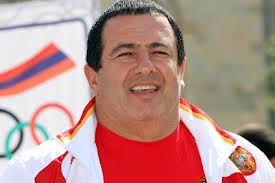
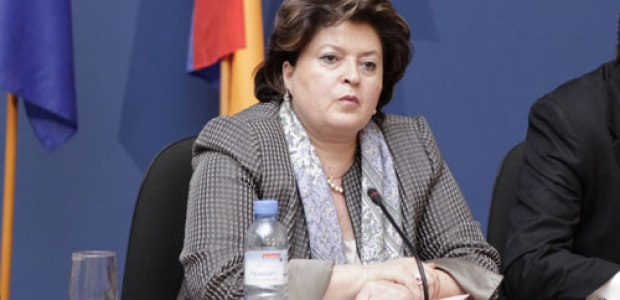
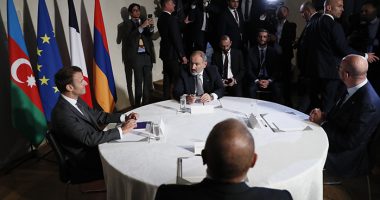
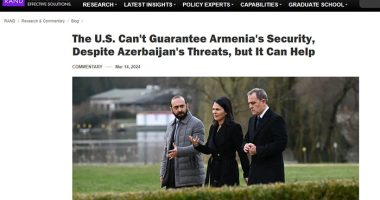
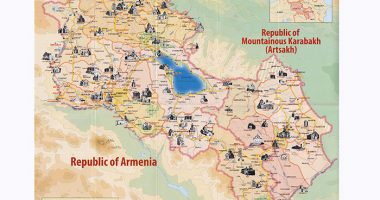





2 comments
You forgot to mention that Gagik Tsarukyan is an athelete himself in “eating ” judging from his belly and looks.
Let’s not forget to mention the other reason for Armenia’s weak performance at the Olympics: mass emigration/brain drain. For example, the first individual to win a gold medal for Russia at the 2012 Summer Olympics was an Armenian immigrant. There are many cases of this.